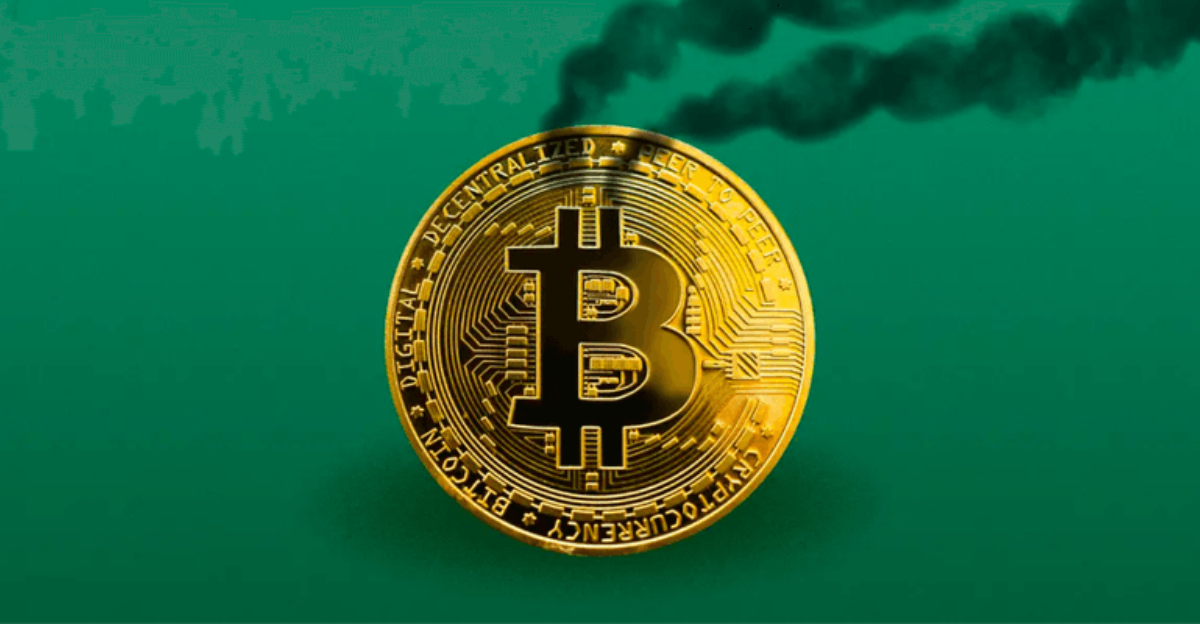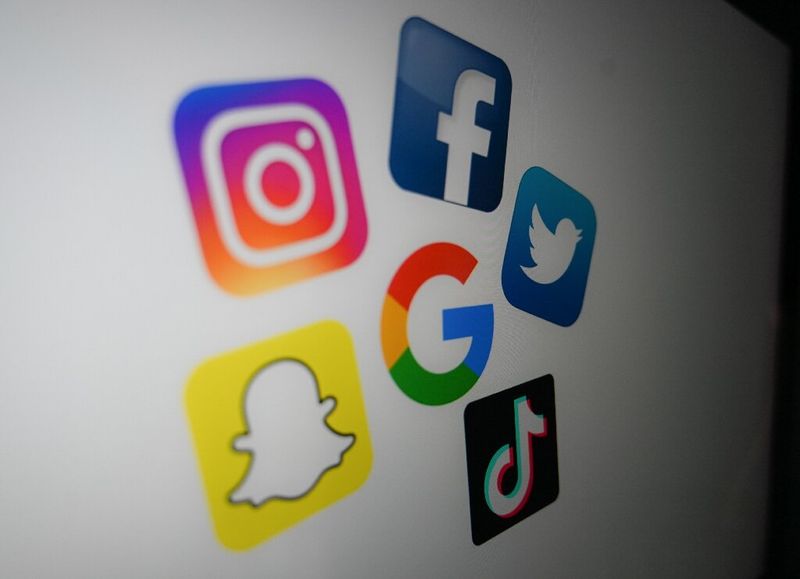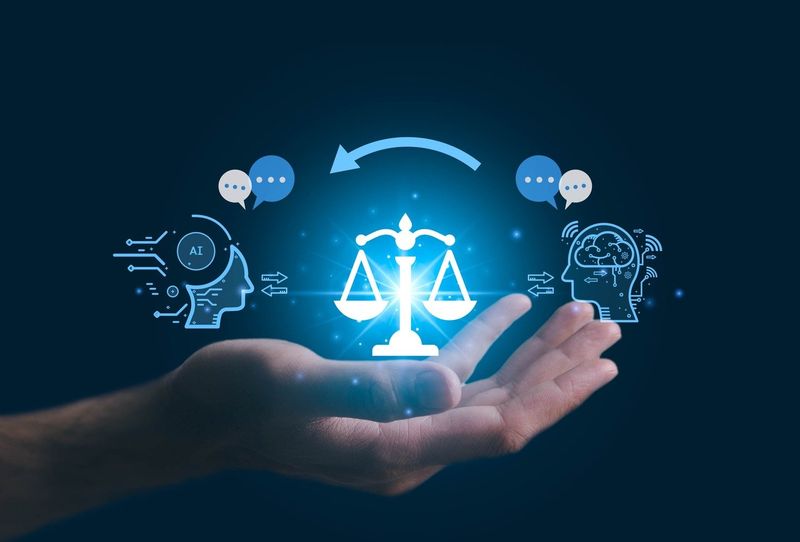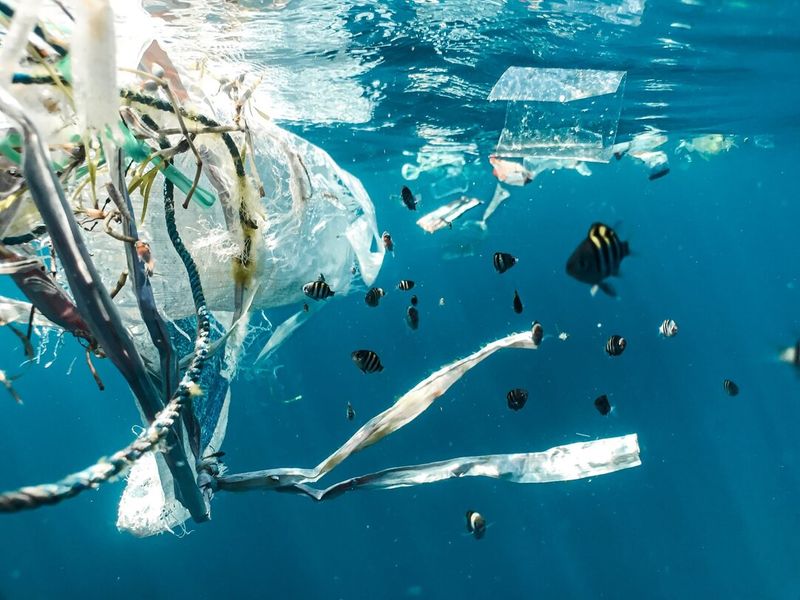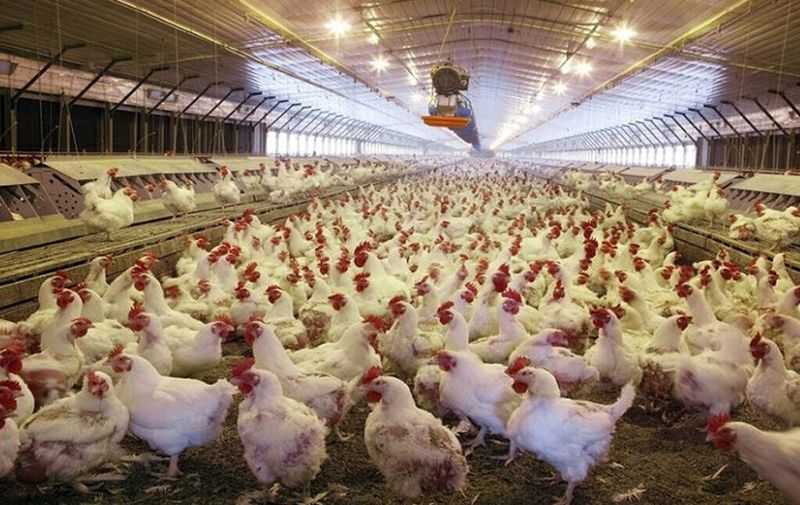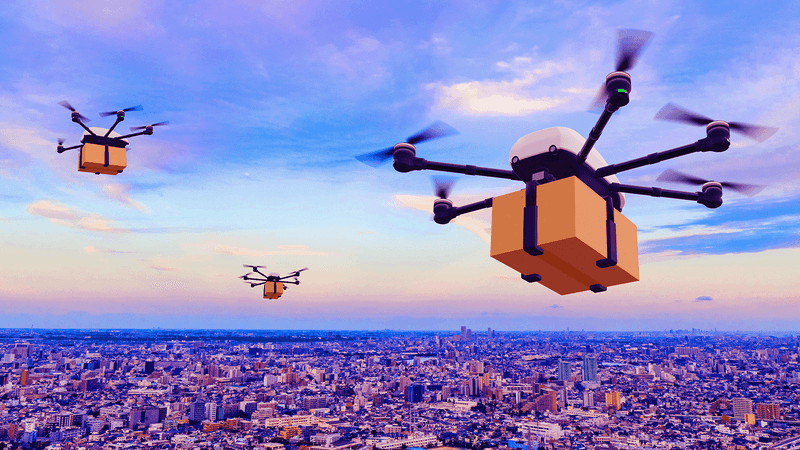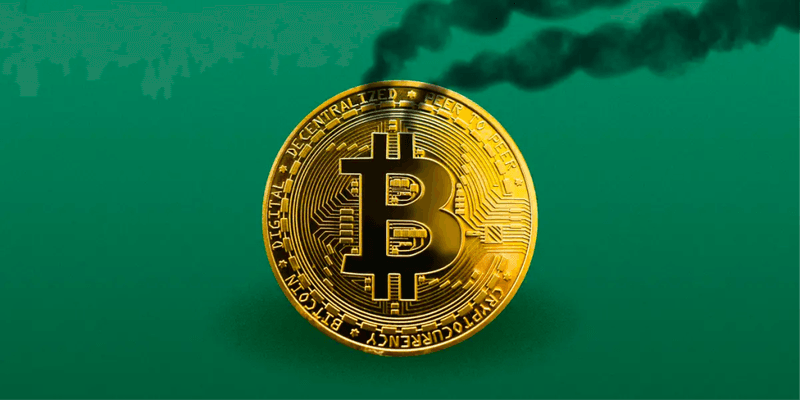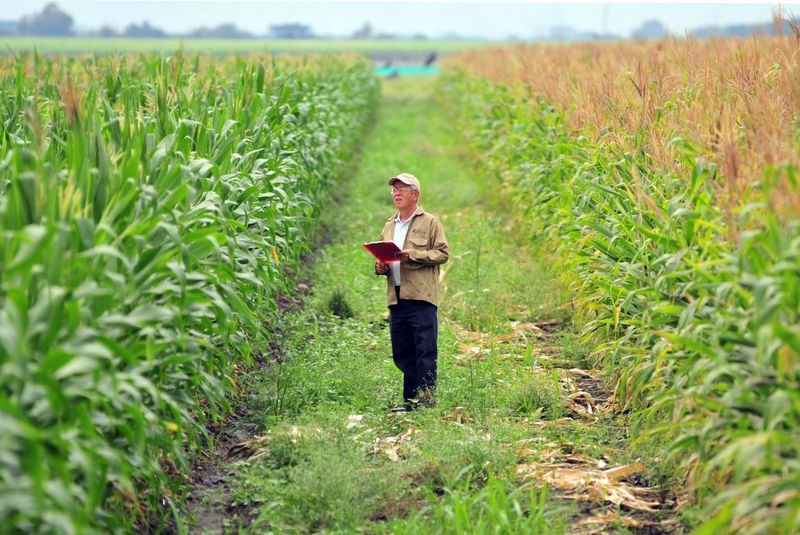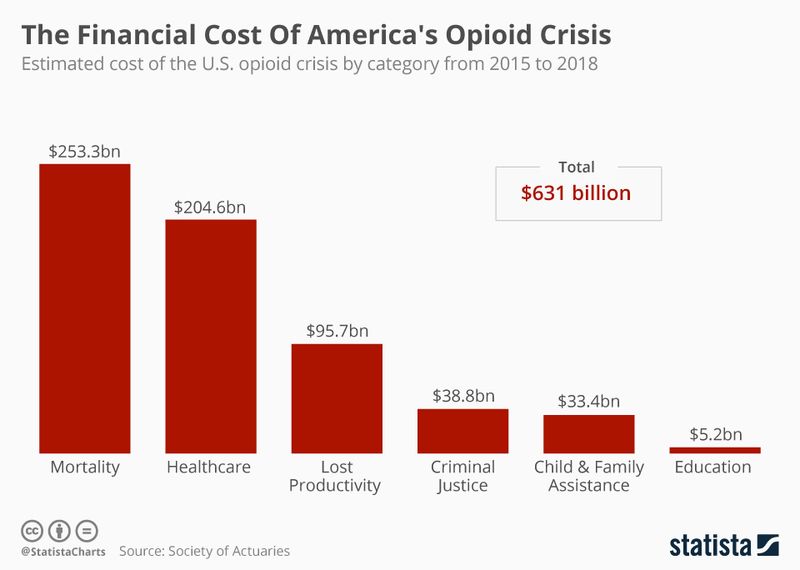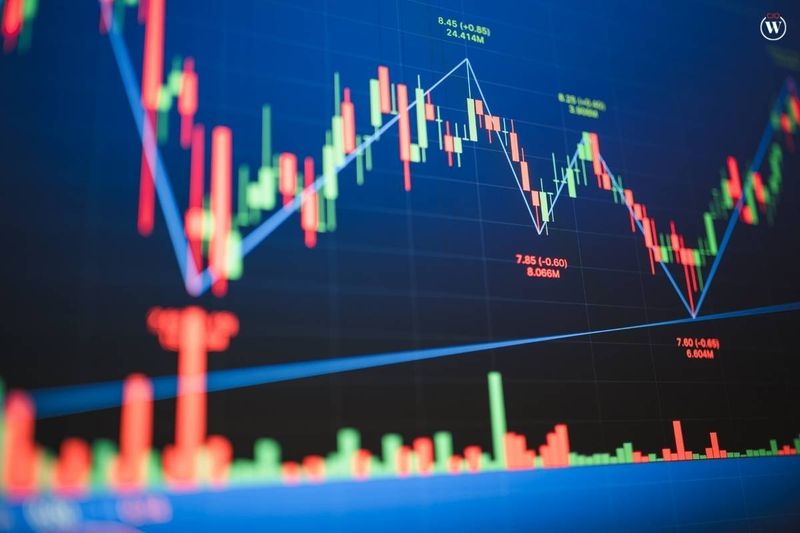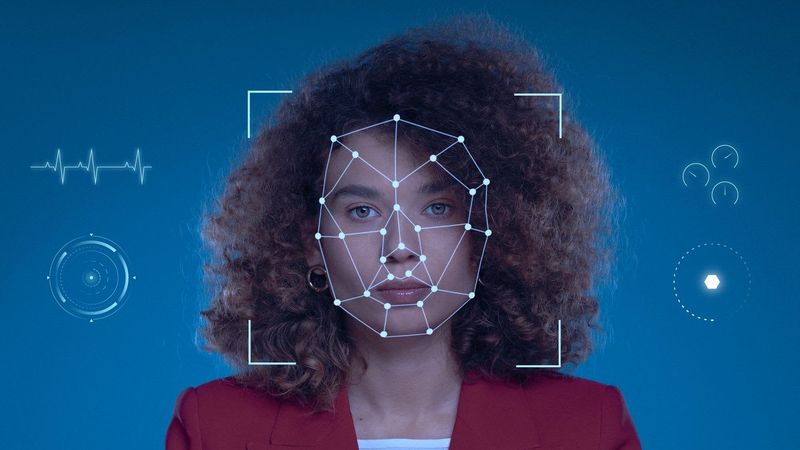Explore the dual impacts of 19 inventions that have sparked both admiration and dissent across the globe. From technology to daily conveniences, these creations have significantly shaped societies and lifestyles, yet remain subjects of heated debate.
1. Social Media (Facebook, Twitter, TikTok)
Once upon a digital age, social media emerged as a force connecting billions worldwide. Platforms like Facebook, Twitter, and TikTok revolutionized communication, enabling real-time interaction across continents. However, lurking beneath this digital utopia lies a darker reality. The rise of misinformation, mental health issues, and political manipulation has cast a shadow over these platforms. Critics argue that social media has fueled division, eroded privacy, and manipulated public opinion. Despite its promise of global unity, the impact of social media remains a contentious topic, sparking debates about its role in shaping our world.
2. Nuclear Weapons
In the annals of history, nuclear weapons stand as both harbingers of peace and instruments of peril. The devastation of Hiroshima and Nagasaki marked the end of World War II, yet it also heralded the dawn of an age dominated by existential threats. While these weapons have arguably maintained global peace through deterrence, they embody the terrifying potential for annihilation. The Cold War era is a stark reminder of the delicate balance of power. Today, debates rage about disarmament, nuclear proliferation, and the moral implications of possessing such destructive force.
3. Artificial Intelligence (ChatGPT, Deepfake Tech)
The rise of artificial intelligence has ushered in an era of unprecedented technological advancement. From ChatGPT’s conversational capabilities to the unsettling realism of deepfake technology, AI has transformed industries and daily lives. Yet, this digital frontier poses ethical dilemmas, including concerns about job displacement, privacy breaches, and the potential for AI to surpass human control. As society grapples with these challenges, discussions about the responsible development and regulation of AI technology grow more urgent. The duality of AI’s promise and peril continues to captivate public imagination.
4. Plastic
Plastic, the wonder material of the 20th century, revolutionized industries from medicine to packaging. Its versatility and durability transformed manufacturing processes and consumer products. However, the convenience of plastic comes at a high environmental cost. Oceans teeming with plastic waste, microplastics infiltrating food chains, and ecosystems suffering from pollution underscore the dark side of this invention. The challenge of managing plastic waste has sparked debates about sustainability, recycling, and the search for eco-friendly alternatives. The legacy of plastic highlights the complex interplay between innovation and environmental stewardship.
5. CRISPR Gene Editing
CRISPR gene editing offers the tantalizing prospect of curing genetic diseases and advancing medical science. This revolutionary technology has the potential to reshape the future of healthcare, offering hope to millions afflicted by hereditary conditions. Yet, the ethical quagmire surrounding “designer babies” and genetic manipulation raises profound moral questions. Critics warn of unintended consequences and the possibility of exacerbating social inequalities. As scientists explore the boundaries of genetic engineering, society grapples with the ethical implications and the necessity of robust regulations to guide its responsible use.
6. The Pill (Birth Control)
The advent of the birth control pill in the 1960s heralded a sexual revolution, empowering women with unprecedented control over their reproductive choices. The pill became a symbol of liberation, enabling family planning and advancing gender equality. However, it has not been without controversy. Religious opposition and debates over hormonal side effects have fueled ongoing discussions around its use. As society navigates the complexities of reproductive health, the pill remains a focal point for debates about autonomy, morality, and the intersection of science and societal values.
7. Factory Farming
Factory farming has revolutionized the production of meat, making it more accessible and affordable to consumers worldwide. The scale and efficiency of these operations have transformed the agricultural landscape. However, this industrial approach to farming raises significant ethical and environmental concerns. Critics highlight issues of animal welfare, antibiotic resistance, and the impact on rural communities. The debate over factory farming underscores the tension between economic interests and ethical considerations. As consumers become more conscious of their food choices, calls for sustainable and humane farming practices grow louder.
8. Autonomous Drones
Autonomous drones have soared into the public consciousness, offering exciting possibilities for delivery services and disaster response. These flying machines promise efficiency and accessibility in ways previously unimaginable. Yet, the proliferation of drones raises significant privacy and security concerns. The potential for misuse in warfare and surveillance has sparked debates about regulation and ethical boundaries. As drones become an increasingly common presence in our skies, society must balance innovation with the protection of individual rights, ensuring that this technology is used responsibly and ethically.
9. Cigarettes
Once glamorized as a symbol of sophistication and rebellion, cigarettes have since been unmasked as one of the leading causes of preventable death. The tobacco industry, once a titan of advertising, has faced backlash for its role in perpetuating addiction and misinformation. The health consequences of smoking, including cancer and respiratory diseases, have ignited global efforts to curb smoking rates. Despite declining usage, the debate over regulation, taxation, and public health initiatives persists. The legacy of cigarettes serves as a cautionary tale of corporate influence and consumer awareness.
10. Gunpowder (and Guns)
Gunpowder revolutionized warfare, shifting the balance of power and altering the course of history. The invention of firearms transformed military strategy and personal defense, reshaping societies. Today, the prevalence of guns continues to spark intense debates on their role in modern life. Issues of gun violence, mass shootings, and self-defense rights polarize communities and challenge lawmakers. The complex relationship between gunpowder’s legacy and contemporary firearm culture underscores the enduring tension between security and safety. As societies grapple with gun laws, the discourse remains as charged as ever.
11. Leaded Gasoline
In its heyday, leaded gasoline promised enhanced engine performance and was widely adopted across the globe. However, the environmental and health repercussions soon overshadowed its benefits. Lead pollution from exhaust fumes contributed to widespread brain damage and environmental contamination. The global shift away from leaded gasoline marked a significant victory for environmental advocacy. Yet, the legacy of lead pollution lingers, highlighting the balance between technological advances and environmental responsibility. The history of leaded gasoline serves as a reminder of the importance of rigorous safety standards in innovation.
12. Cryptocurrency (Bitcoin)
Cryptocurrency has emerged as a revolutionary force in the world of finance, advocating for decentralization and financial autonomy. Bitcoin, the frontrunner of digital currencies, has captivated investors and tech enthusiasts alike. However, the volatility of cryptocurrency markets, coupled with concerns about energy consumption and security, generates heated debates. Scams and market crashes have highlighted the risks associated with digital assets. As the cryptocurrency landscape evolves, discussions about regulation, adoption, and its future role in the global economy gain momentum, reflecting the dual nature of this financial innovation.
13. IVF (Test-Tube Babies)
In vitro fertilization (IVF) has transformed the landscape of reproductive medicine, offering hope to countless couples struggling with infertility. This groundbreaking technology enables the creation of life outside the human body. Yet, the ethical and religious debates surrounding IVF are as complex as the science itself. Concerns about “playing God,” embryo disposal, and the emotional toll on families contribute to ongoing discussions. As IVF becomes more accessible, society must navigate the balance between scientific progress and ethical considerations, ensuring that the technology is used responsibly and compassionately.
14. Facial Recognition
Facial recognition technology has become a powerful tool for enhancing security and convenience in public spaces. From unlocking smartphones to identifying criminals, its applications are vast. However, the potential for mass surveillance and privacy infringements raises significant ethical questions. Concerns about racial bias and data security challenge the technology’s widespread adoption. As facial recognition continues to evolve, discussions about regulation, consent, and ethical use intensify. The technology’s impact on society underscores the need for transparent, accountable systems that protect individual rights while harnessing its benefits.
15. GMOs (Genetically Modified Crops)
Genetically modified organisms (GMOs) have ignited debates about the future of agriculture and food security. Proponents argue that GMOs can combat famine, increase yields, and reduce pesticide use. Yet, concerns about corporate control, environmental impact, and long-term health effects remain contentious. The polarized discourse around GMOs highlights the complexity of balancing innovation with ecological and ethical considerations. As the global population grows, the role of GMOs in sustainable agriculture becomes increasingly critical, calling for informed, science-based discussions on their development and regulation.
16. SUVs & Gas Guzzlers
Sport utility vehicles (SUVs) and gas guzzlers symbolize both power and prestige in the automotive world. Their size and capability appeal to consumers seeking luxury and performance. However, their environmental impact is undeniable, contributing to climate change and increased emissions. The debate over fuel efficiency standards and urban planning highlights the tension between consumer desires and environmental responsibility. As the auto industry shifts towards electrification, the legacy of gas guzzlers serves as a reminder of the challenges in balancing innovation with sustainability and the pursuit of greener transportation solutions.
17. Opioids (OxyContin)
Opioids, once celebrated for their pain-relieving properties, have become synonymous with addiction and crisis. Medications like OxyContin were initially hailed as breakthroughs in pain management. However, the ensuing opioid epidemic exposed the devastating consequences of over-prescription and corporate malfeasance. The crisis has claimed countless lives and strained public health systems. Efforts to combat addiction and reform pharmaceutical practices continue to dominate public discourse. The opioid saga underscores the complex interplay between medical innovation, corporate accountability, and the need for compassionate healthcare solutions that address both pain and addiction.
18. Algorithmic Trading (Wall Street Bots)
Algorithmic trading has transformed financial markets, introducing unprecedented speed and efficiency to stock exchanges. Wall Street’s reliance on trading bots and complex algorithms has reshaped investment strategies. However, this technological shift has also contributed to market volatility and wealth inequality. Flash crashes and concerns about market manipulation highlight the need for robust regulatory frameworks. As algorithmic trading becomes more sophisticated, the balance between innovation and stability remains a focal point for policymakers. The rise of trading bots reflects the broader challenges of integrating technology into traditional financial systems.
19. Deepfake Pornography
Deepfake technology, with its ability to create hyper-realistic forgeries, has found a troubling application in pornography. The non-consensual nature of deepfake pornography raises profound ethical and legal questions. Victims face emotional and reputational damage, while perpetrators exploit technological anonymity. The absence of clear regulations and the rapid evolution of technology exacerbate the problem. As society grapples with the implications of digital manipulation, calls for stringent laws and ethical guidelines grow louder. The issue highlights the darker side of technological advancement and the urgent need for safeguarding digital integrity.
